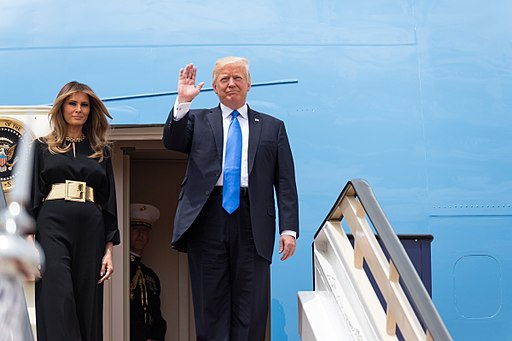Author: Joseph Greaney
-
A look at voting under the age of 18 in the U.S.

On Sept. 30, 2025, the College Park City Council in Maryland voted to lower the minimum voting age in city elections to 16 years old. The change puts them among a small group of jurisdictions that allow 16-year-olds to participate in local elections. So what does youth voting look like nationwide? In 27 states and…
-
California Gov. Gavin Newsom signs three bills that may affect speed of election results
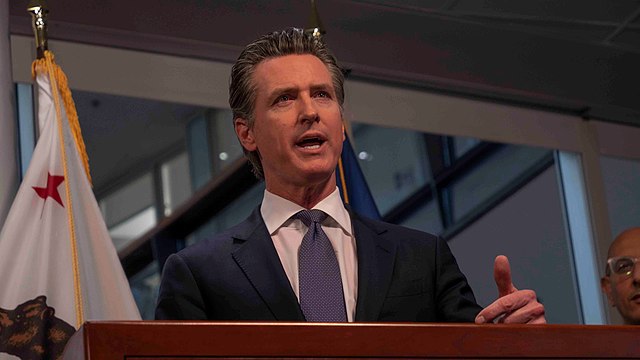
California Gov. Gavin Newsom (D) signed three bills into law in the first few days of October that change the state's rules for processing and counting ballots. In some instances, these new laws may result in quicker unofficial election results. California typically takes longer to deliver election results than most other states. This is partly…
-
Understanding primaries – State primary laws and types, explained
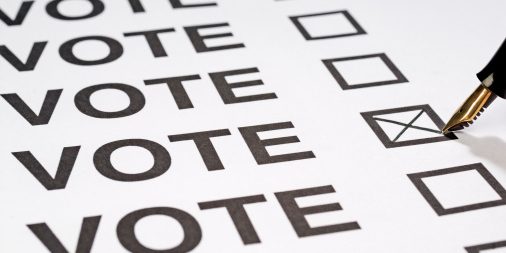
State laws governing primaries can be confusing. In some states, political parties control their primaries, including whether to hold a primary at all. Elsewhere, primaries are mandatory. Lawmakers and voters also frequently amend primary rules, whether making minor changes or significant ones. To understand the procedures governing primary elections, a voter needs to understand what…
-
New Hampshire Gov. Kelly Ayotte signs bills requiring new documentation for absentee voting
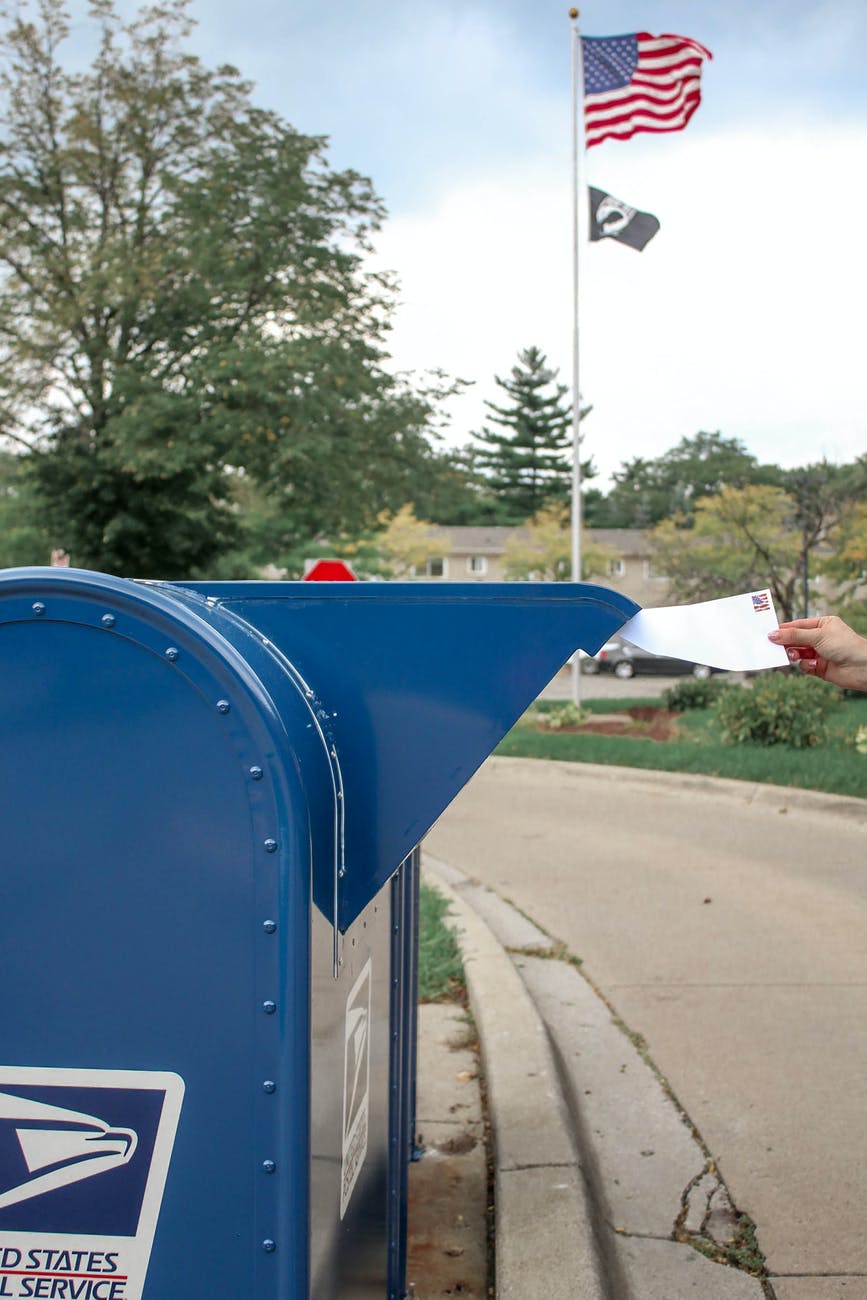
New Hampshire Gov. Kelly Ayotte (R) signed Republican-sponsored bills expanding voter ID and proof of citizenship requirements for absentee voting on Aug. 1, 2025. Both laws take effect on Sept. 30, 2025. SB 287 requires voters requesting an absentee ballot to include a photocopy of a valid photo identification or a notarized signature with the absentee…
-
Maine lawmakers recall RCV expansion from Gov. Mills' desk
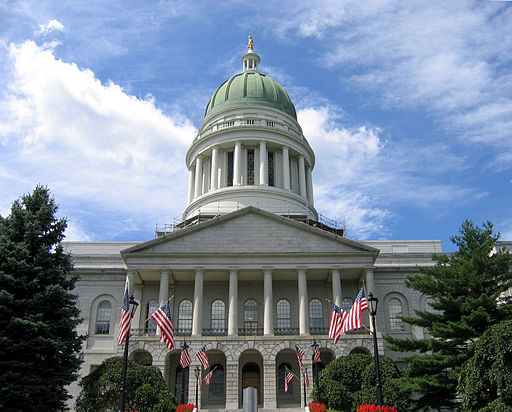
On June 25, 2025, both chambers of the Maine Legislature agreed by voice vote to recall LD 1666 from Gov. Janet Mills (D) desk and carry the bill over to the next special or regular legislative session. The bill would have expanded the state's use of ranked-choice voting (RCV) to include general and special elections…
-
Texas Gov. Abbott (R) signs bill to allow early voting on weekends and up to Election Day
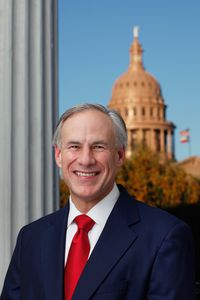
On June 22, Texas Gov. Greg Abbott signed SB 2753 into law. The bill moves the start of early voting later, but extends early voting to weekends and the four days leading up to Election Day. The new law requires early voting to begin on the 12th day before Election Day and end on the…
-
Texas Gov. Abbott signs bill restricting the use of extreme risk protection orders
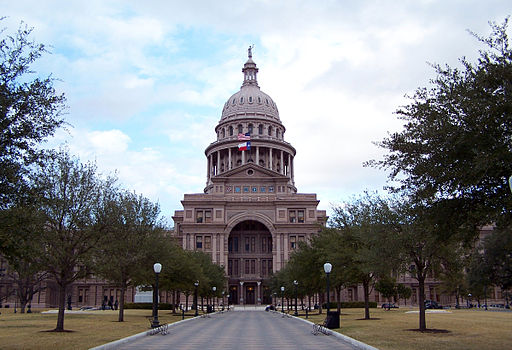
On June 22, Gov. Greg Abbott (R) signed SB 1326 into law, banning the enactment or enforcement of extreme risk protection orders (ERPOs) — also known as red flag laws — in the state. The bill explicitly applies to any state agency or authority, university systems, municipalities, counties, special districts and authorities, and district attorneys…
-
Nevada Gov. Lombardo vetoes bills to require voter ID and open primaries to unaffiliated voters
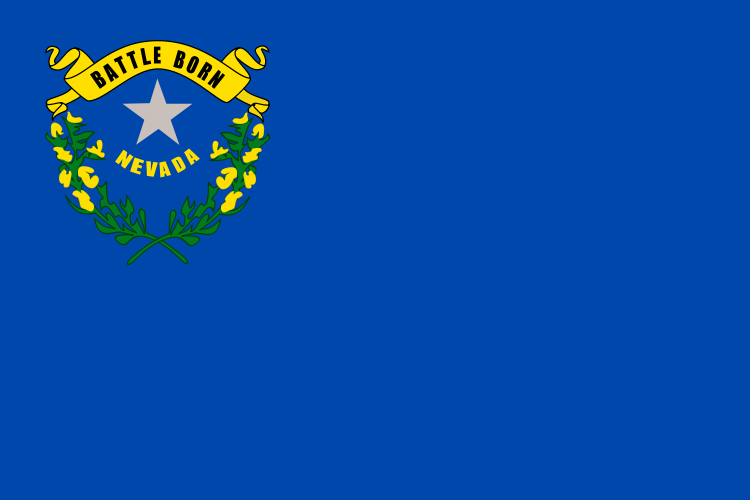
On June 12, Gov. Joe Lombardo (R) vetoed two election bills that passed the legislature in the final days of the 2025 session, including new voter ID and drop box requirements, and changes to rules for unaffiliated voters in primary elections. Voter ID AB 499 would have required in-person voters to present a valid photo…
-
Iowa Gov. Reynolds signs bill banning RCV
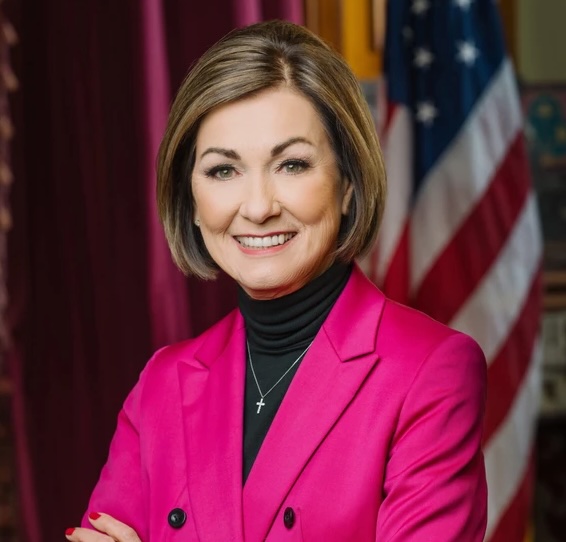
On June 2, 2025, Gov. Kim Reynolds (R) signed HF 954, making Iowa the sixth state to ban ranked-choice voting (RCV) this year. The new law says: “An election in this state shall not be conducted using ranked choice voting or instant runoff voting.” The bill also makes other changes to election laws in the…


